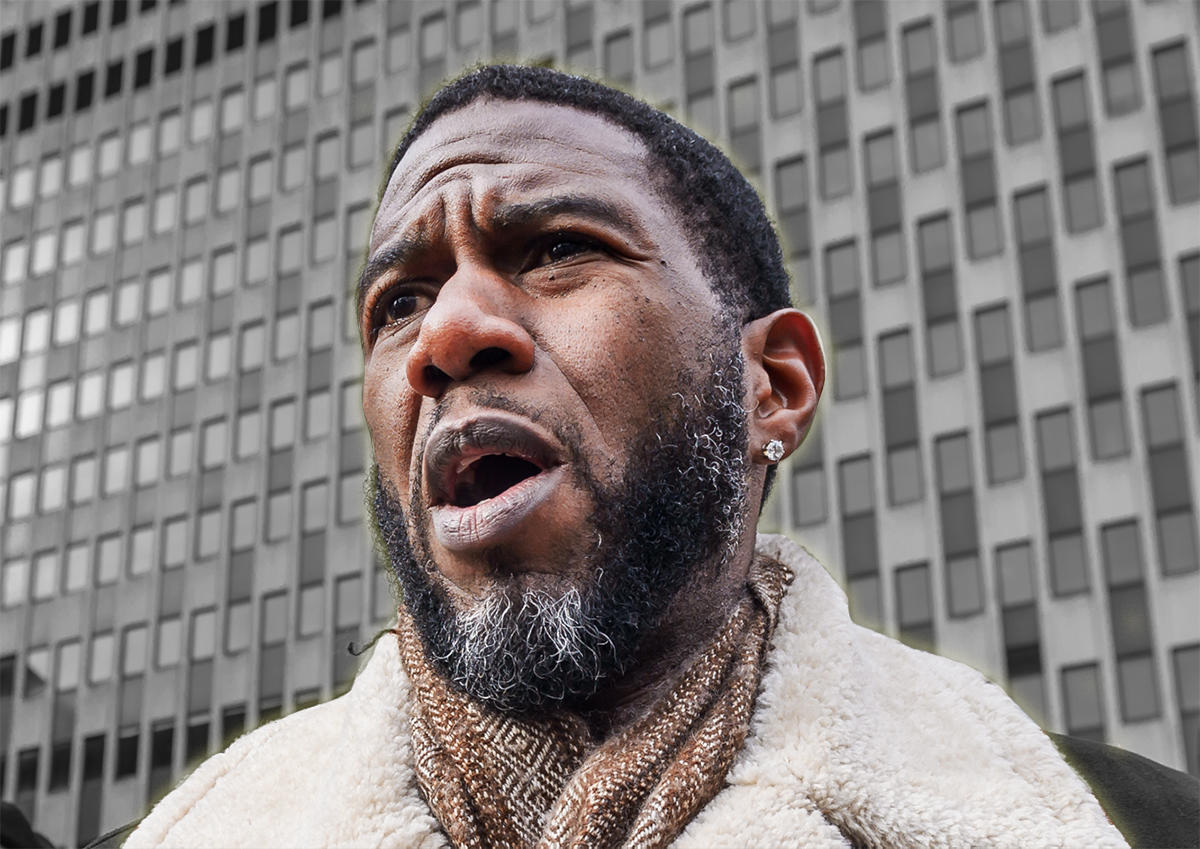City council member Jumaane Williams won a special election for New York City public advocate, taking 33 percent of the vote as of 10:35 p.m.
Williams will replace Letitia James, who became New York State attorney general in January.
The public advocate is an elected municipal position and has served as a stepping stone for mayoral election but has no voting power. The advocate can sponsor legislation, however, and the role is typically viewed as a soapbox from which to push City Hall on a wide range of policy issues.
For many years now, the most prominent of those issues has included real estate. The office has published an annual “Worst Landlords” list since 2010, when Mayor Bill de Blasio was public advocate. James also used the position to support tenants in rent-related litigation, including supporting residents of downtown buildings built with the 421-g tax credit who were found to have been overcharged by their landlords.
In this year’s special election, Williams and Nomiki Konst were the only two of 17 public advocate candidates to reject campaign contributions from the real estate industry. Meanwhile, Michael Blake, the former Assemblyman who finished with 8.2 percent of the vote, took $16,350 in real estate donations, the most of any candidate.
In fact, Williams signed a pledge to not to take real estate money during his campaign.
Last year, Williams finished second in the Democratic primary race for lieutenant governor to incumbent Kathy Hochul. The notoriety from that bid made Williams the favorite going into Tuesday, but Konst and former council speaker Melissa Mark-Viverito held a press conference days before the election to call for scrutiny into Williams past, including an arrest for a dispute with a girlfriend 10 years ago. Williams dismissed the move as an offensive display of racial politics, meant to portray him as a violent black man.
“They both know how easy it is for ‘black man syndrome’ to take hold,” Williams told the New York Times. “I wish they would be more responsible. If you want to have this discussion, there is a better way.”
